The Role Of Universities In Advancing Asteroid Mining

Introduction
Asteroid mining has emerged as a promising field for the exploration and utilization of extraterrestrial resources. With the increasing recognition of the finite nature of Earth's resources, mining asteroids presents a viable solution for meeting future demands. Universities around the world play a crucial role in advancing the science, technology, and knowledge required to make asteroid mining a reality. This article explores the significant contributions universities make in the field of asteroid mining.
Training the Next Generation of Asteroid Miners
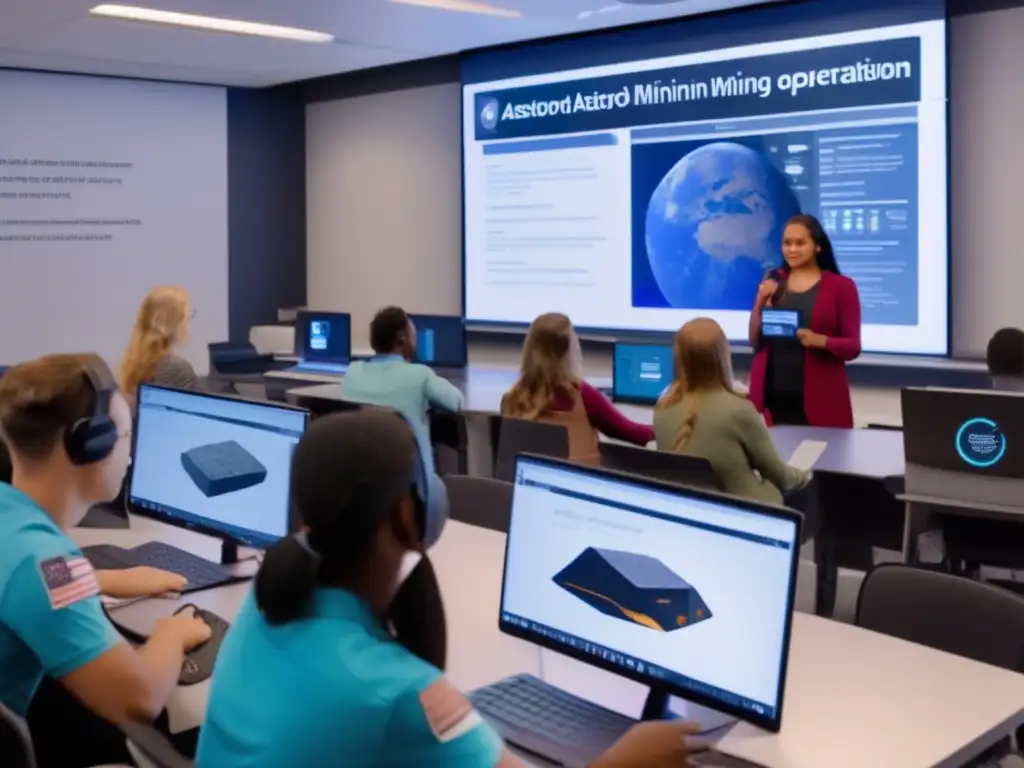
Academic Programs
Universities offer specialized academic programs that prepare students for careers in asteroid mining. These programs include degrees in planetary science, space engineering, astrophysics, and mineral resource engineering. Students gain a comprehensive understanding of the geological composition of asteroids, space exploration technology, and the challenges associated with extracting resources from these celestial bodies.
Research Opportunities
Universities provide research opportunities for students interested in studying asteroid mining. Through projects funded by government agencies and private companies, students can conduct groundbreaking research on topics such as asteroid composition analysis, mining techniques, and the development of technologies for resource extraction and processing.
Collaborative Initiatives
Universities collaborate with space agencies, industry partners, and other academic institutions to establish collaborative initiatives focused on asteroid mining. These partnerships facilitate knowledge exchange, interdisciplinary research, and the development of innovative solutions. Such collaborations contribute to the advancement of the field by pooling expertise and resources.
Technological Innovations
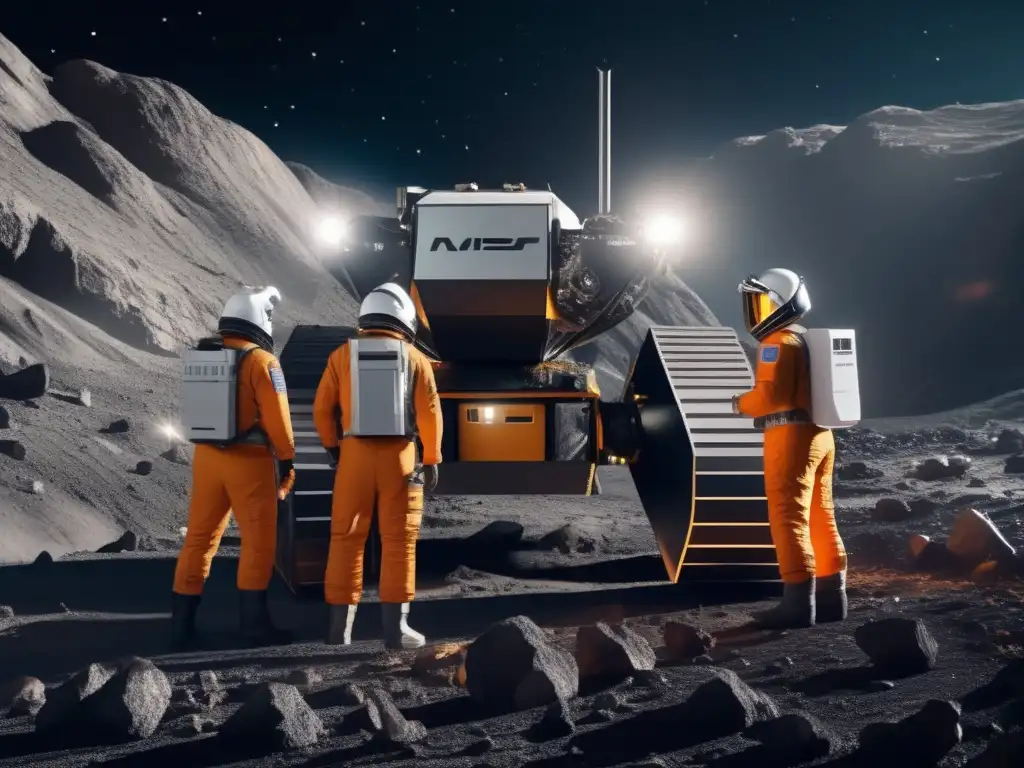
New Mining Methods and Equipment
Universities drive technological innovations in asteroid mining by developing new mining methods and equipment. Through research and development projects, scientists and engineers explore novel approaches for resource extraction, including robotic mining systems, drilling techniques, and material handling technologies tailored to the unique conditions of space.
In-Situ Resource Utilization
Universities play a fundamental role in advancing the concept of in-situ resource utilization (ISRU), which involves using resources available on asteroids for space exploration activities. Researchers investigate ways to extract and process resources such as water ice, metals, and minerals that can be utilized for life support, propellant production, and manufacturing in space.
Asteroid Mapping and Characterization
Universities contribute to the mapping and characterization of asteroids by developing advanced remote sensing techniques and instruments. They analyze data collected from telescopes, spacecraft missions, and meteorite samples to determine the composition, size, and rotation properties of asteroids. This information is crucial for identifying potential mining targets and understanding their resource potential.
Policy and Ethical Considerations
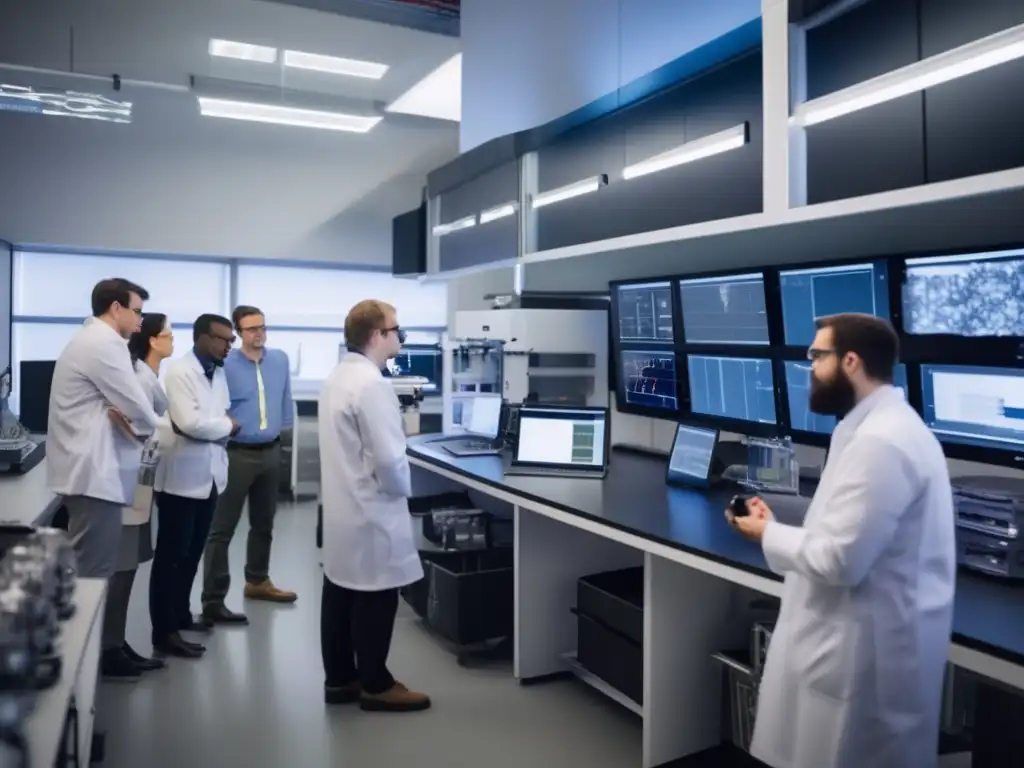
Policy Development
Universities participate in policy discussions surrounding asteroid mining to ensure its responsible and sustainable development. Experts from various disciplines, including law, economics, and environmental science, collaborate to address legal frameworks, property rights, environmental impact assessment, and the equitable distribution of asteroid resources.
Ethical Implications
Universities critically examine the ethical implications of asteroid mining. They explore questions related to the preservation of celestial bodies, the potential disruption of delicate ecosystems, and the fair treatment of indigenous populations. By raising awareness and fostering dialogue, universities encourage responsible practices in the field.
International Collaboration
Universities promote international collaboration and cooperation in asteroid mining. They facilitate discussions among nations to establish rules and guidelines that govern the exploration, extraction, and sharing of resources. By fostering collaboration, universities contribute to building a global framework that ensures the sustainable development of asteroid resources.
Frequently Asked Questions

-
How do universities contribute to asteroid mining research?
Universities contribute to asteroid mining research through academic programs, research opportunities, and collaborative initiatives. They train students, conduct cutting-edge research, and foster partnerships to advance the field.
-
What technological advancements have universities made in asteroid mining?
Universities have developed new mining methods, equipment, and in-situ resource utilization technologies for asteroid mining. They also contribute to asteroid mapping and characterization through advanced remote sensing techniques.
-
What policy and ethical considerations are associated with asteroid mining?
Policy development, ethical implications, and international collaboration are important considerations in asteroid mining. Universities contribute to these discussions by addressing legal frameworks, environmental impact assessment, and fair resource distribution.
-
How can individuals get involved in the field of asteroid mining?
Individuals interested in asteroid mining can pursue relevant academic programs, engage in research projects at universities, and stay updated on the latest developments through conferences and publications.
-
What is the future of asteroid mining?
The future of asteroid mining holds great potential for resource extraction in space. Continued advancements in technology, research, and policy development driven by universities will contribute to realizing this potential.
Conclusion
Universities play a pivotal role in advancing asteroid mining through training, research, technological innovation, policy development, and ethical considerations. The contributions of universities are instrumental in shaping the future of space exploration and resource utilization. By embracing interdisciplinary collaboration and fostering international cooperation, universities bring us closer to unlocking the vast potential of asteroids.
Join the discussion on www.asteroidrealm.com and share your thoughts on asteroid mining. Subscribe to our newsletter for regular updates on the fascinating world of asteroids. Together, let's explore the limitless possibilities of space.
Additional Resources
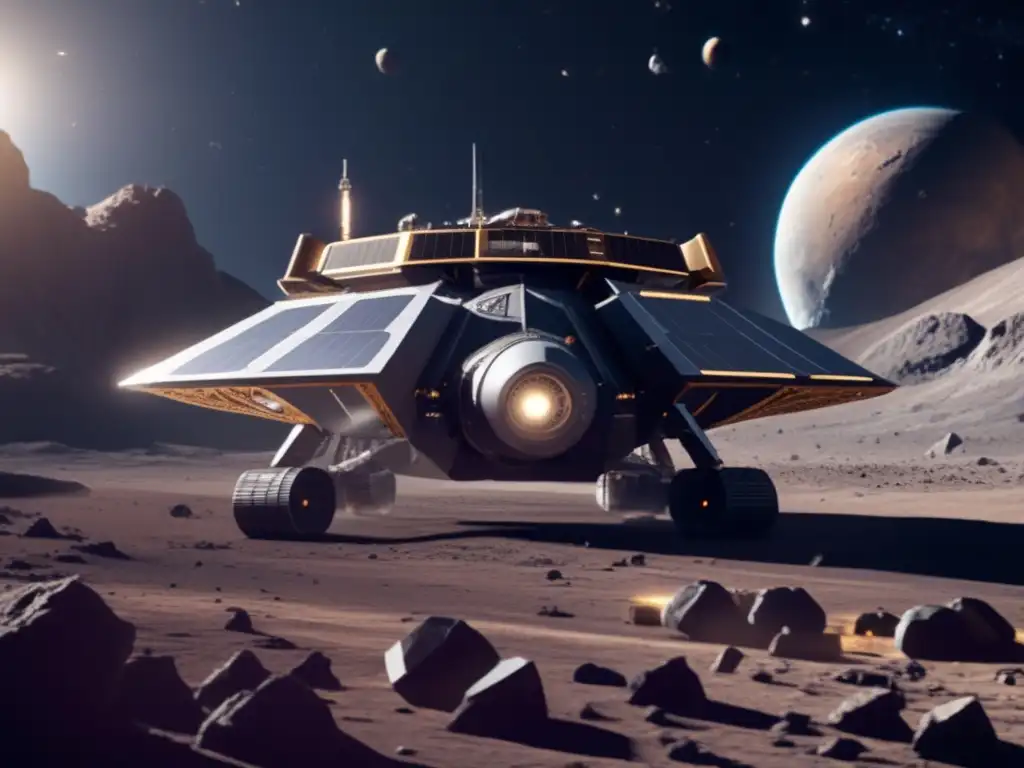
Explore further resources on asteroid mining:
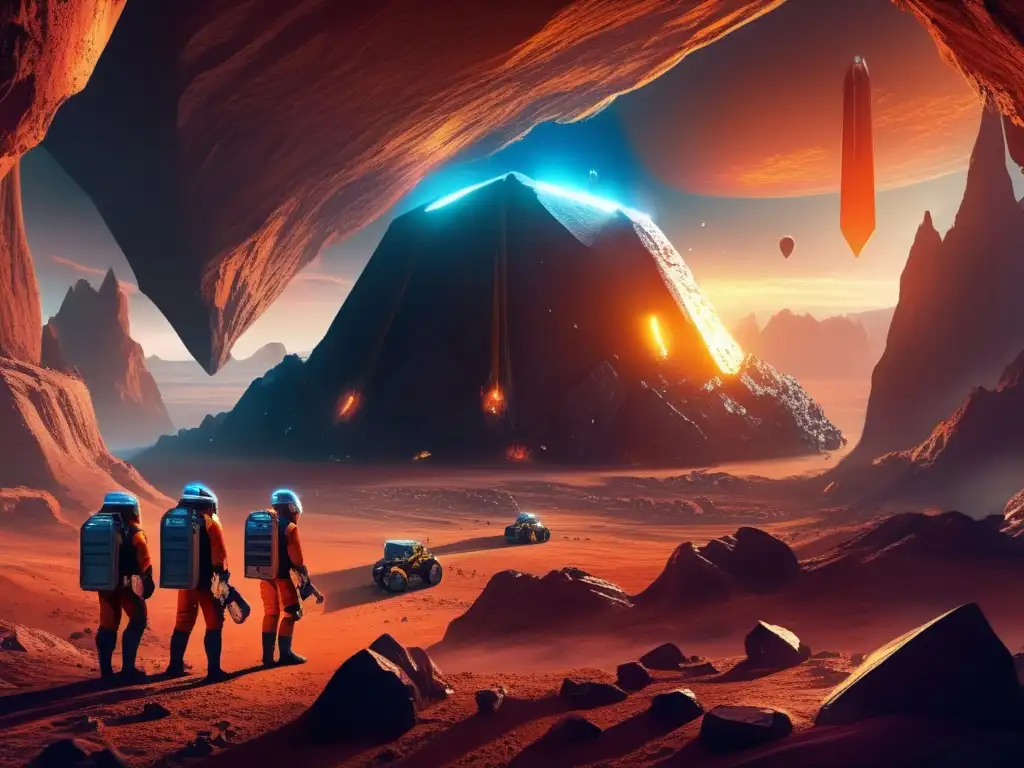 The Intersection Of Geology And Technology In Asteroid Mining
The Intersection Of Geology And Technology In Asteroid Mining Asteroid Mining: Challenges And Innovations
Asteroid Mining: Challenges And Innovations The Space Revolution: How Asteroid Mining Will Change Everything
The Space Revolution: How Asteroid Mining Will Change EverythingIf you want to discover more articles similar to The Role Of Universities In Advancing Asteroid Mining, you can visit the Asteroid Mining and Resources category.
Leave a Reply

Articulos relacionados: